The Great Judo Journey in Japan
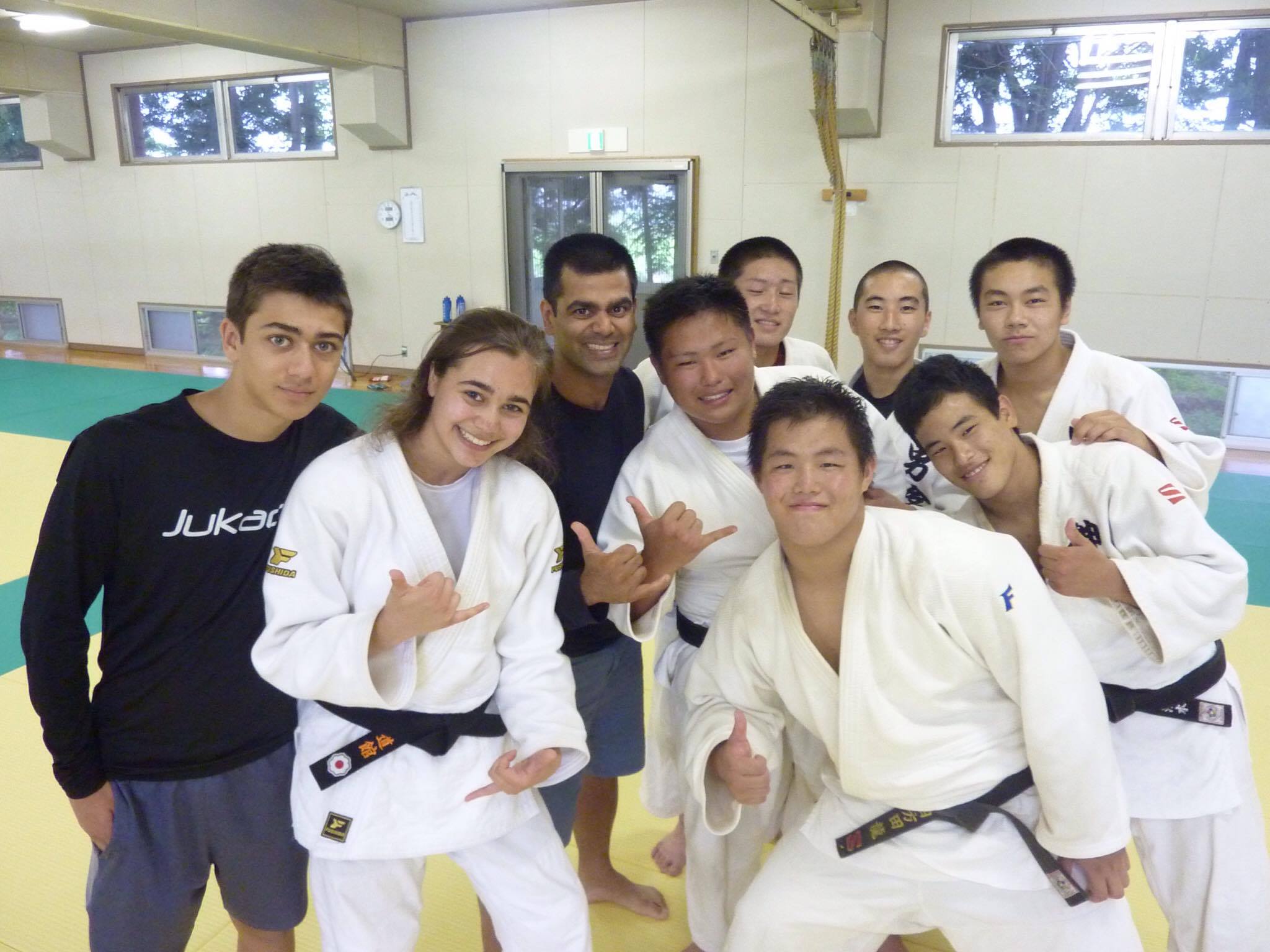
At some point, many judoka dream about going to Japan. Going to Japan, however, can be confusing for the average judoka who is not part of an elite or national team, or is of Japanese descent. While many regular people around the world embrace judo in their lives, they never experience judo in Japan because they do not know how to organize a trip. They do not have connections, they don’t know the language, and they simply don’t know where to start planning. This is where the brilliance of the Judo 3.0 initiative will make a difference.
Our family and Judo
A few weeks ago I travelled to Japan for the first time with my two older children. I am a Director at Canada Post Corporation, and previously was a public servant and university professor. My two older children are 17 and 15 (although I also have an 8 year old also in judo).
I started karate in high school, and joined judo in my 30s when I signed up my children. I hold the rank of Nidan, and regularly compete in Shiai. I am an instructor at the RA Judo Club in Ottawa, which is a non-profit organization originally called the Recreation Association of the Public Service of Canada. Judo is a huge part of my life, and the lives of our children. Although I joined judo because I come from a martial arts background and like fighting, the underlying philosophy behind judo is very important to me- the continual pursuit of self-perfection and the creation of good citizens.
The Encounter with Judo3.0
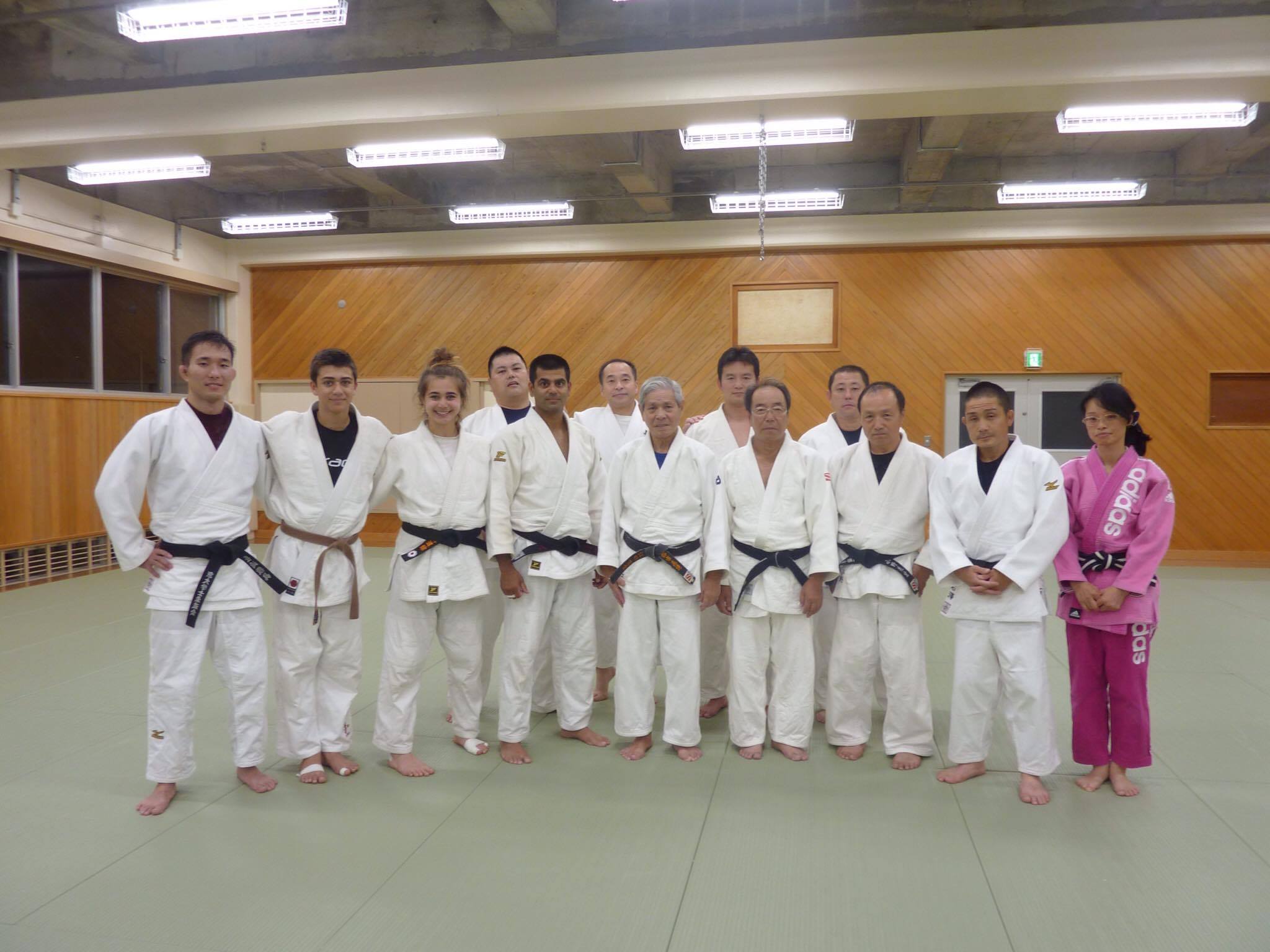
Our trip to Japan was focussed on training at Kodokan, but prior to our trip I happened to meet a Judo 3.0 organizer on Facebook named Gigi Davis, who connected me with Mr. Sakai, and Mr. Tetsuma Nagasaki.
Judo 3.0 was created by Mr. Shigeyoshi Sakai, and is supported by a network of judo schools across Japan. The premise of his initiative is simple: create a way for regular judoka to come to Japan for training. In other words, use judo as a bridge to connect non-Japanese and Japanese judoka.
As I was interested in their activities when I talked with them on FB, I shared with them what dates I would be in Japan, and they worked very hard to find clubs in and outside Tokyo where we could join the practice as guests. Although we were staying at Kodokan in Tokyo, Judo 3.0 is designed to facilitate homestays in all regions of Japan, and allow participants the opportunity to train in more than 10 clubs across Japan.
Since our itinerary was largely set, and we were travelling during the university exam schedule, one practice was organized with Mr. Norio Kasahara sensei’s club in Ogawa-machi, in Saitama prefecture just north of Tokyo.
Training in Ogawa-machi
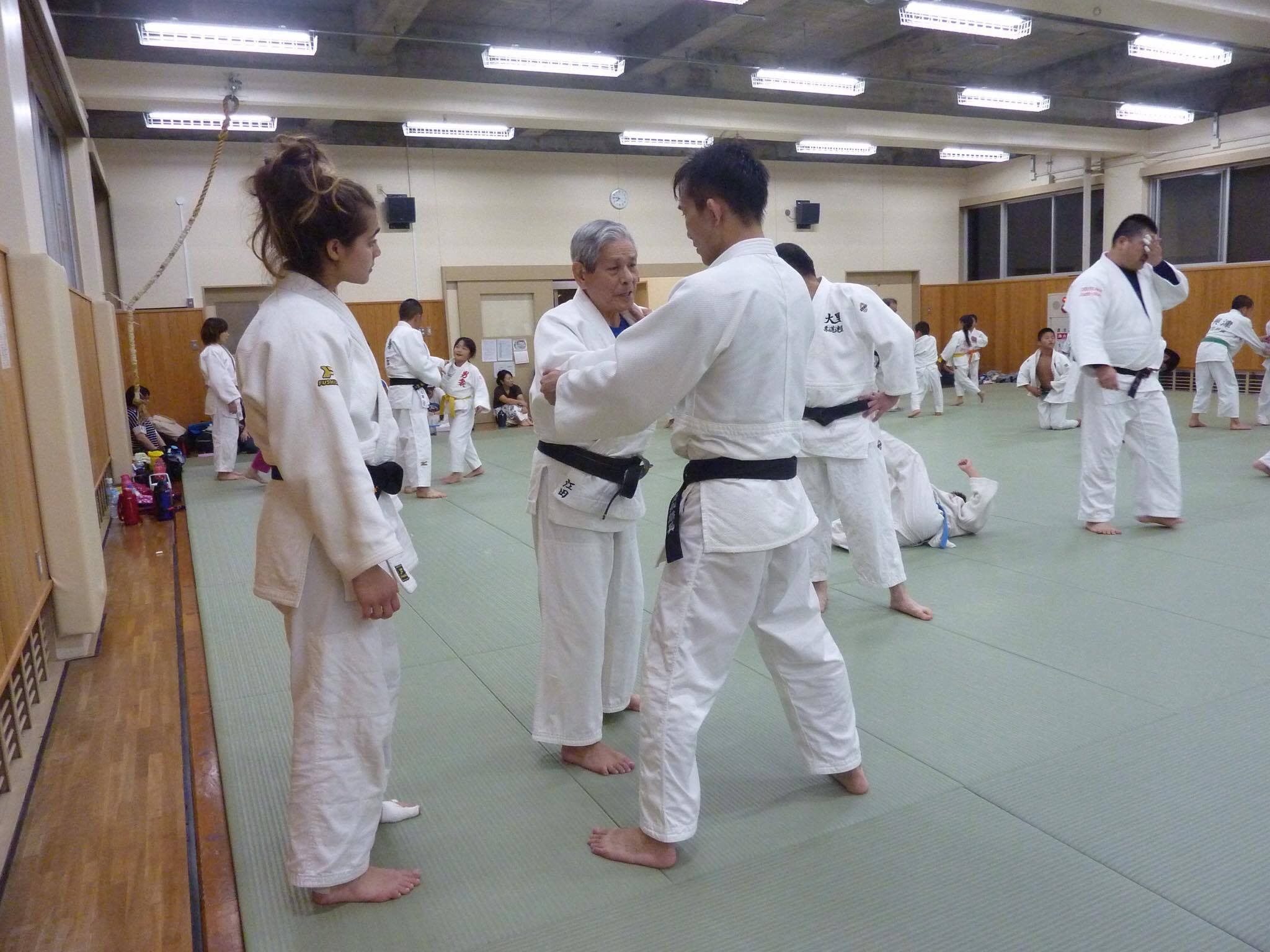
On the day that we were to go to Kasahara sensei’s dojo, Tetsuma met us at Kodokan, and proceeded to navigate us through Tokyo’s metro system and onto Ogawa. Kasahara sensei personally welcomed us at the train station and escorted us for some cultural sightseeing at a local UNESCO site, followed by a delicious meal.
We then headed to his former high school, where one of my kids was invited to have some randori with the athletes, after which we went to sensei’s clinic where he tended to some of our injuries and muscle aches. Although I’m sure the students were wondering why we were there, they and the coach welcomed us very warmly, and treated us as honoured guests. Then we headed off to more judo training at Kasahara sensei’s club, where we learned some brilliant ashi-waza, and perhaps more importantly, met many of his instructor friends and students. Again, we were welcomed in a spirit of friendship, lots of smiles, and many bows. I was struck by the warmth and kindness with which we were received by the instructors and students. During the practice we worked with our new friends, and got a first-hand feel of how judo in Japan differs from the way we play it in Ottawa, Canada. I took notes during our time at the dojo, and will be reflecting on those lessons for months to come. One thing that was particularly interesting was that although we did not speak much Japanese, the language of judo allowed us to communicate very effectively on the tatami. In this regard, judo can be seen as a language with which international friendships and relationships can be created.
The potential of judo, which can connect the world
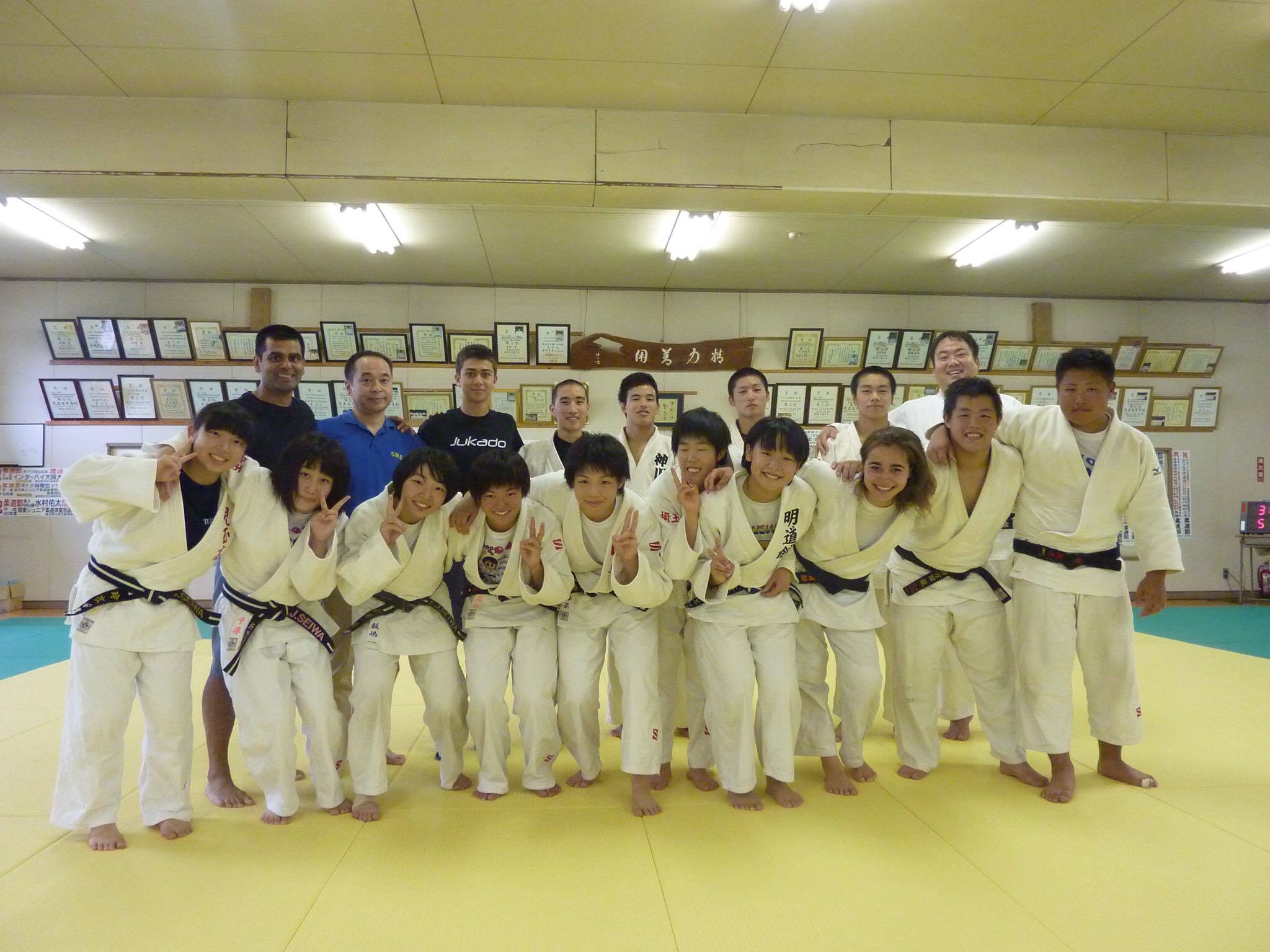
When the practice was done we had a meal and returned to the train station, and returned to Tokyo with Tetsuma. During our time in Ogawa and Saitama prefecture, Kasahara treated us with kindness, friendship, and generosity. We left after learning some powerful new ways of doing osoto-gari, ouchi-gari, kouchi-gari, and yoko tomoe-nage, and learned several new exercises and drills. As we left Kasahara sensei’s hospitality we were all left wanting to stay for another few weeks! We had an amazing time, and more importantly, we made a new friend! While was happy to make a new friend, I was at the same sad that we had to leave, and that our time together was so short. I was touched by the affection and kindness with which my children and I were treated by Kasahara sensei and Tetsuma, and invited them both to come to Canada someday, where they would stay in my home as my special guest.
As we rode the train back to Tokyo, Tetsuma shared with us the dream of Judo 3.0… to open Japanese judo to non-Japanese as well as find a way for judo to be introduced into the school system. We also discussed the idea that judo could bring people together in friendship and lifelong sport, and that our new friendship was made possible by Kano shihan’s dream about the power of judo.
Judo 3.0 is an incredible initiative that can connect judoka from around the world with clubs in Japan that are willing to share their judo, their hospitality, and their friendship. If someone is considering visiting Japan to improve their judo, make new friends, and get to know Japan, I urge them to contact Judo 3.0 as soon as possible, and request their help in setting up an itinerary. You will be happy that you did, and a world of Japanese judo that is not visible to the outside world will be revealed!
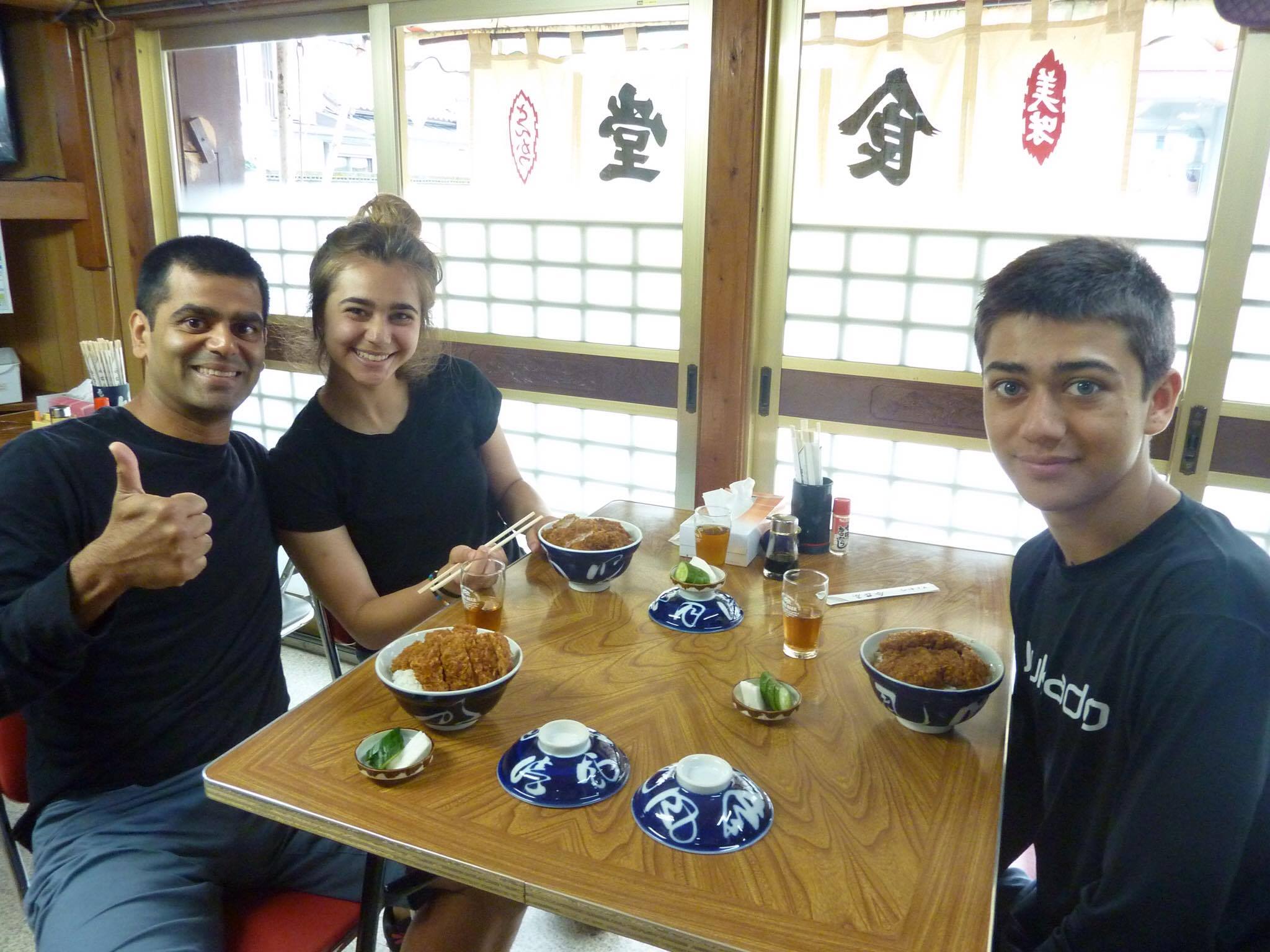
Raj Venugopal
instructor at the RA Judo Club in Ottawa, Canada.
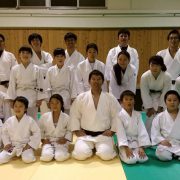
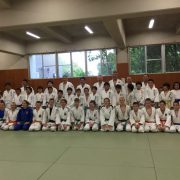
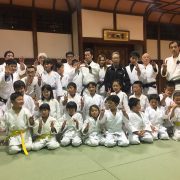
この記事へのコメントはありません。